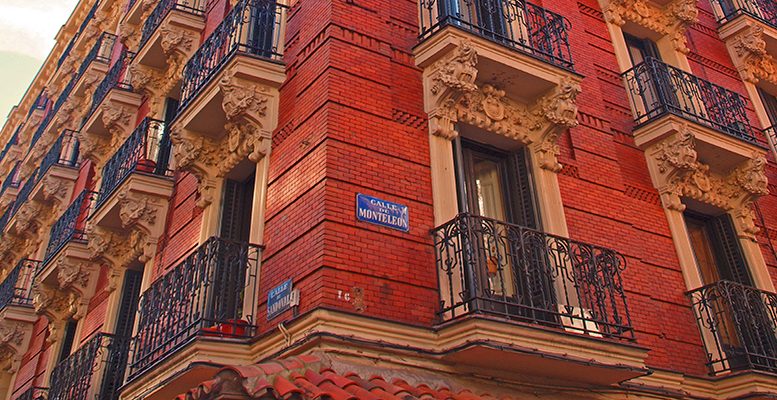Mari Pinardo | The new upward cycle in the property sector seems to be consolidating. Positive proof of that is the fact that housing prices have been increasing for the last two years. In the last quarter of 2017, the National Statistics Institute’s Housing prices index showed a year-on-year rise of 6.7%, the biggest increase since the index started in 2007. And the trend appears to be continuing.
According to the Spanish Property Evaluation Society, new home prices will rise by 5.5% in 2018. This increase will be supported by the good pace in demand, as there will also be a 14.1% increase in sales, according to the organisation. “The market will continue the recovery started two years ago, although it still has a relatively long stretch ahead to reach the desired cruising speed,” it says in a report on the outlook for the sector.
The Property Evaluation Society also predicts a positive trend in the area of mortgage lending, with a rise of 9.4% this year, although growing less than the number of transactions. “The relationship between mortgages and transactions – there will be around half a million operations at year-end – remains healthy. We are not talking about a market which is being heated up by the financial sector,” says Juan Fernández-Aceytuno, CEO of the Society. He positively values the fact that the analysis of property transactions is still carried out with prudence and rigour on the part of the banks.
This good banks-housing harmony is supported by very favourable financing conditions: in the last few months, the 12-month Euribor has returned to record lows (-0,19%). So the mortgage rate for new operations has been able to be maintained at around 2.2%.
The Spanish Banking Association also points out the good relationship between the banks and land. Its spokesman, Jose Luis Martínez Campuzano, said recently that “in the last few months, 60% of housing transactions have been made possible via a mortgage loan.” In his view, this reflects the confidence in a mortgage system “which works well”. The Bank of Spain puts the value of the banking sector’s bad loans at 101.679 billion euros, the lowest figure for the last few years. The annual decline accelerated sharply in the penultimate month of last year, with a drop of 13.87%.
What’s behind the figures
The recovery of the activity in the sector is behind the improvement: according to figures from the Public Works Ministry in the first 10 months of 2017, permits to begin work on new homes totalled 68,000 and certificates of termination grew 38.2% year-on-year.
On the jobs side, the Property Evaluation Society flags the problematical issue of the rise in construction costs. That said, according to the Survey of the Active Population in the second and third quarter of 2017, the number of workers in the construction sector grew 1.9% on average. Juan Fernández-Aceytuno highlights that “the crisis totally wiped out an industry of jobs necessary for building homes. This means that construction works are put on hold and there are tensions in the development periods, which could curb sector growth.”
Another factor which is contributing to the postive trend in real estate is the increasing consolidation in the sector. Big socimis seeking market listings, increasingly larger and more diversified, which are attracting the interest of international funds. Merlin Properties, Lar, Axiare, Hispania have been clear references for the property sector in the Spanish stock market since 2014 and have managed to revalue by more than 40% and 60% in these three years.
“If the global economy continues to grow as it has up to now, the positive trend in the Spanish property market will continue,” says Juan Fernández-Aceytuno. He values Spanish GDP growing above 3% and, more importantly, in a very balanced way. “Growth is not just based on the property and financial markets as happened in 2016. Exports of capital goods and services is contributing positively to the economy.” Along the same lines, experts at BBVA Research expect that in 2017 the property market will have accounted for 11.2% of GDP growth. And in 2018, it will once again be one of the components which shows the most growth.
*Photo: Flickr / cbascaran





